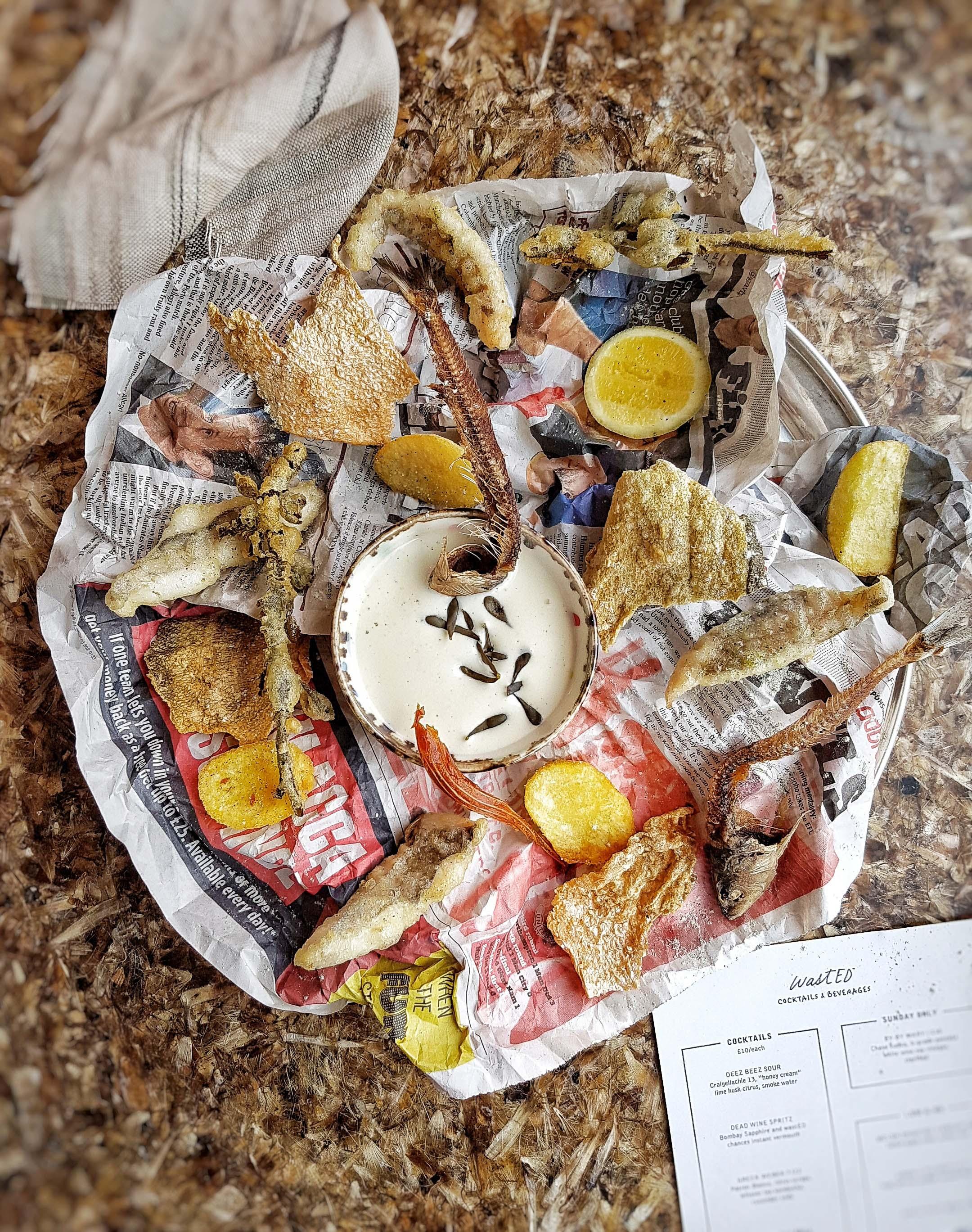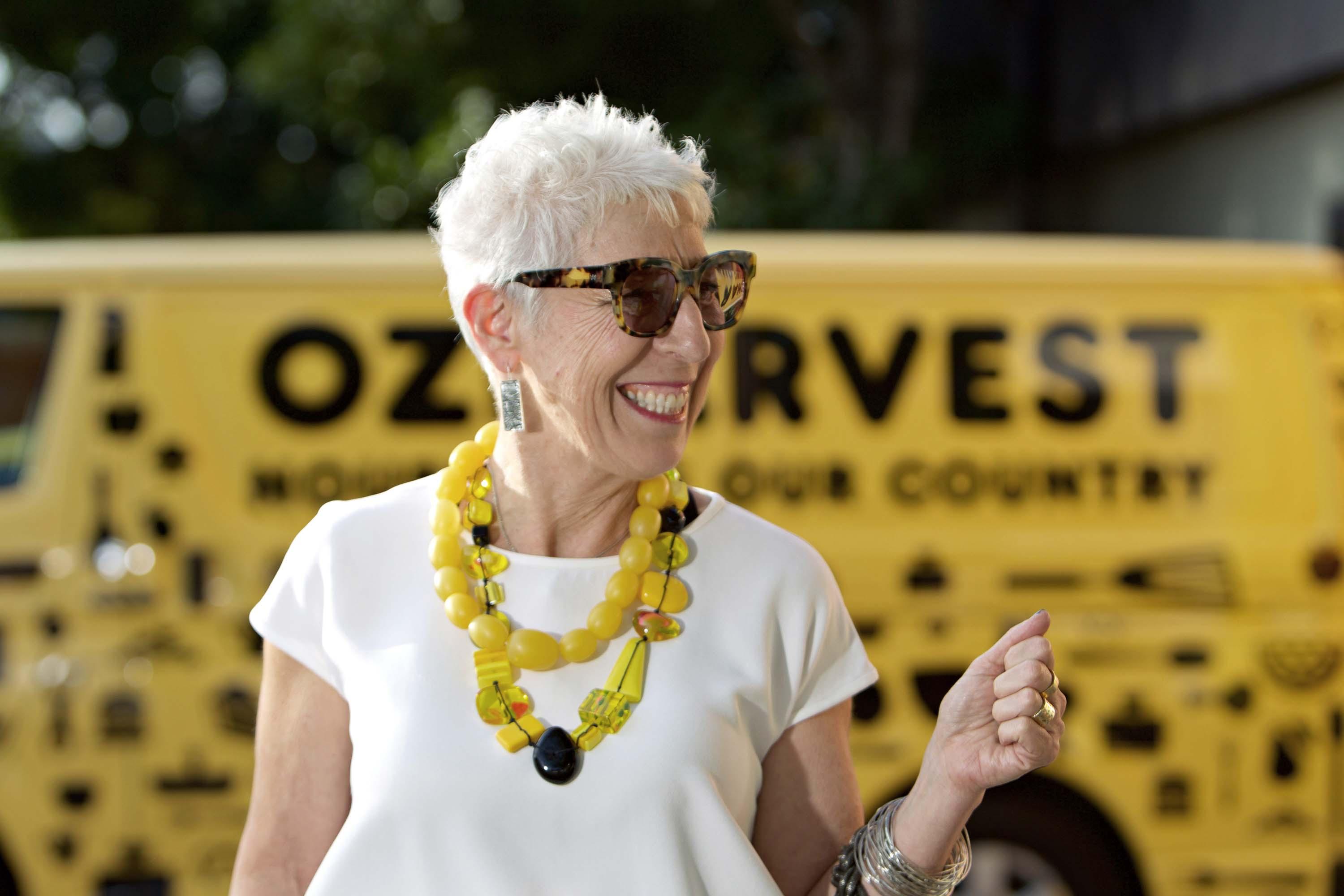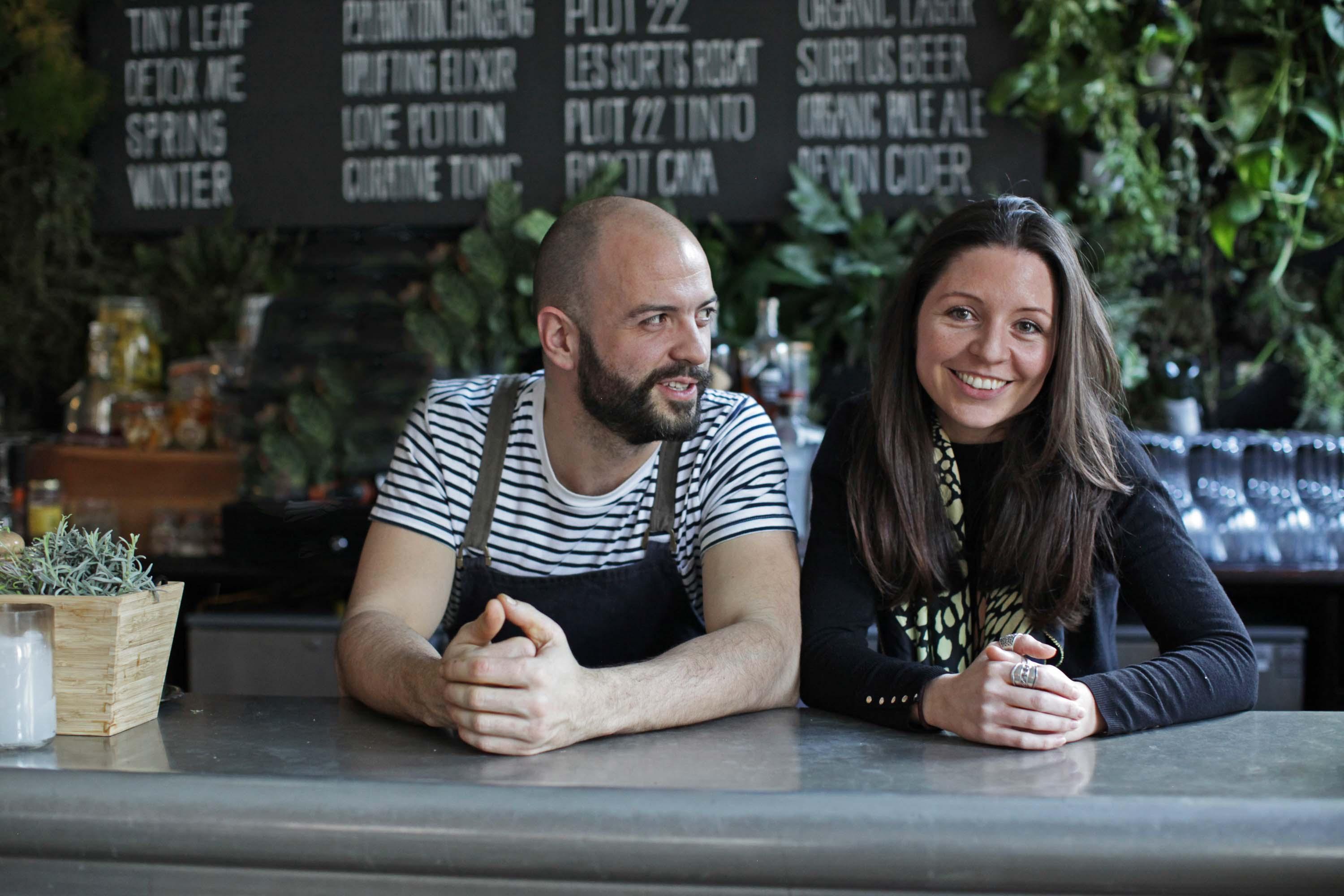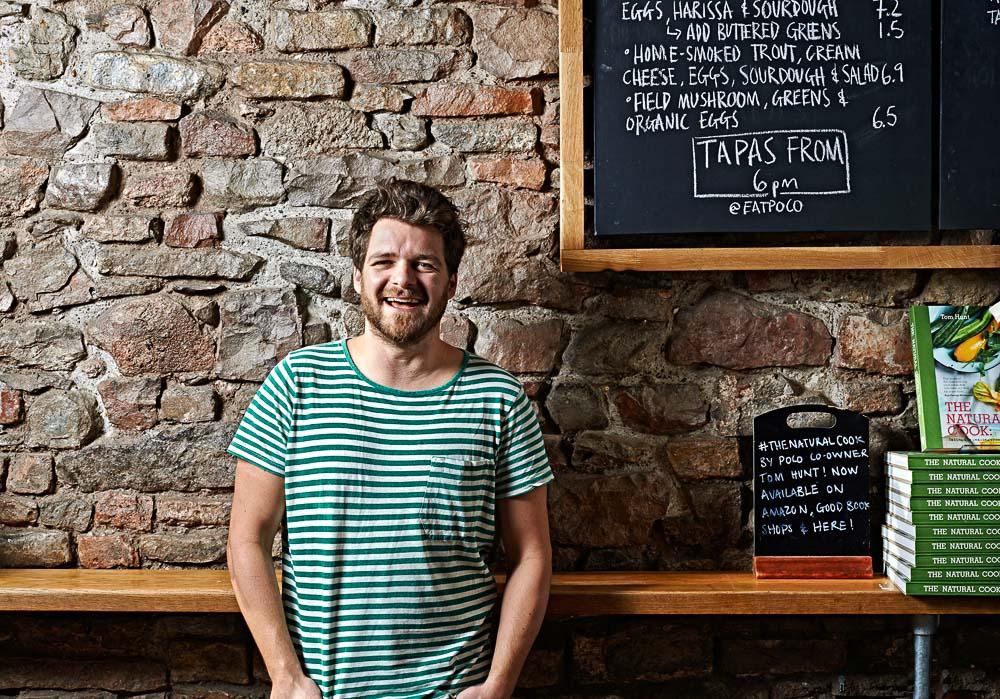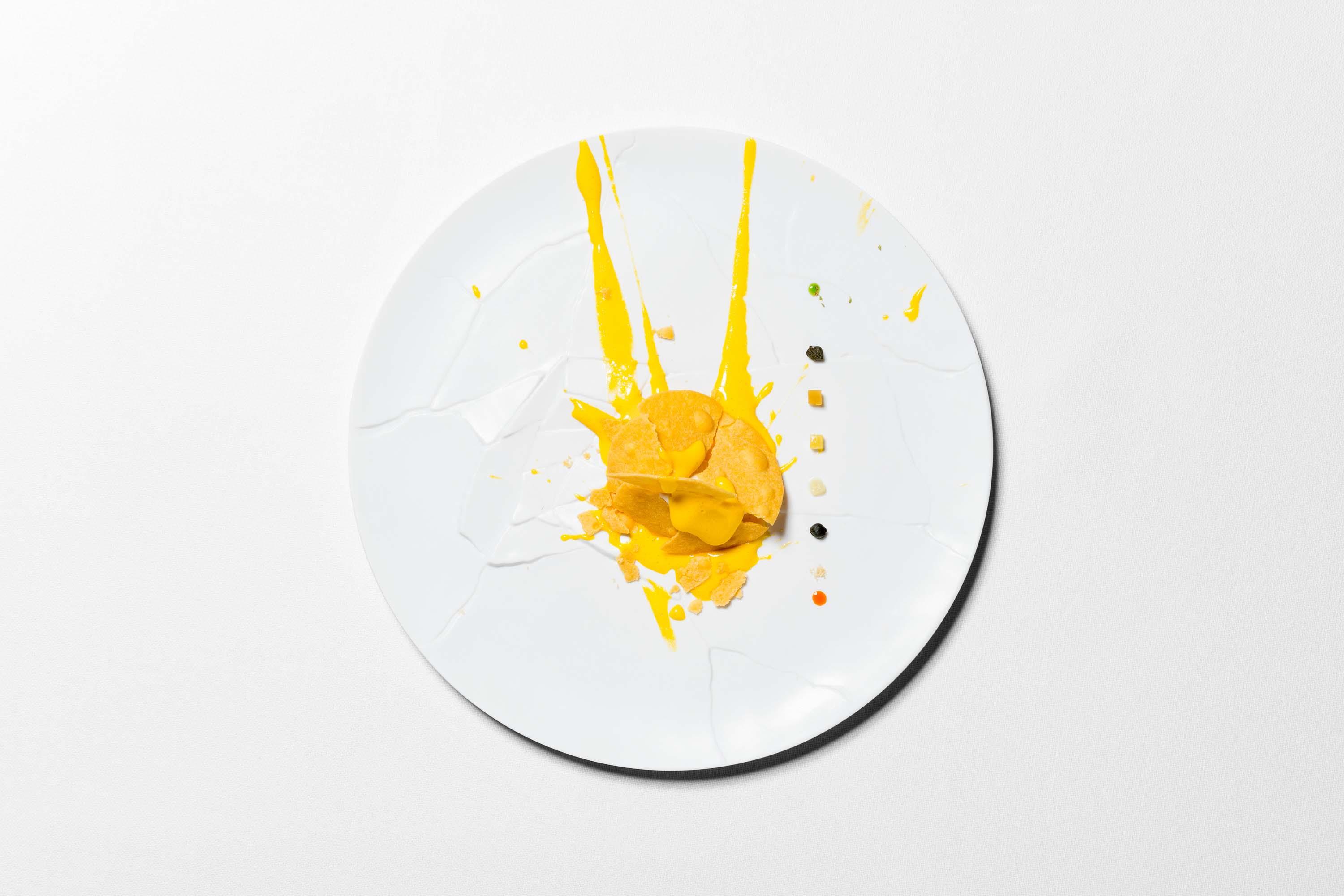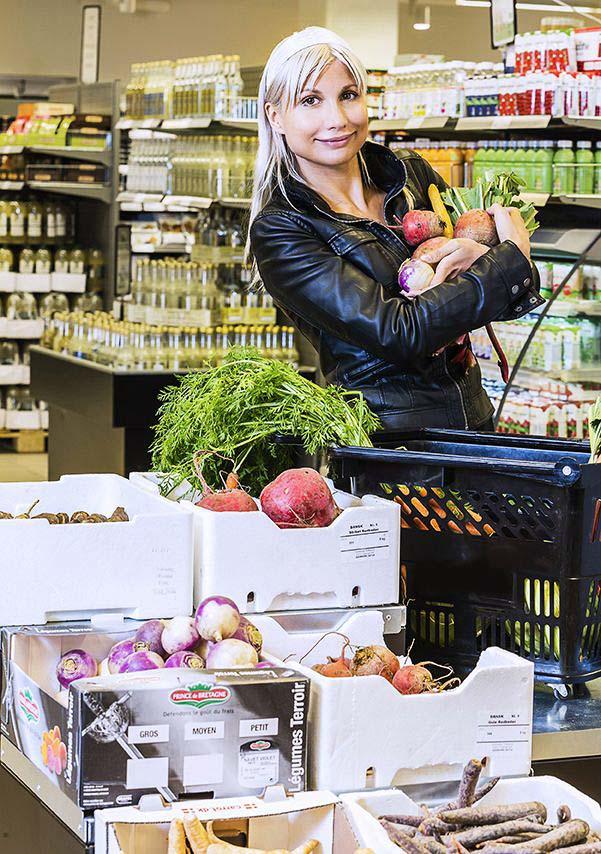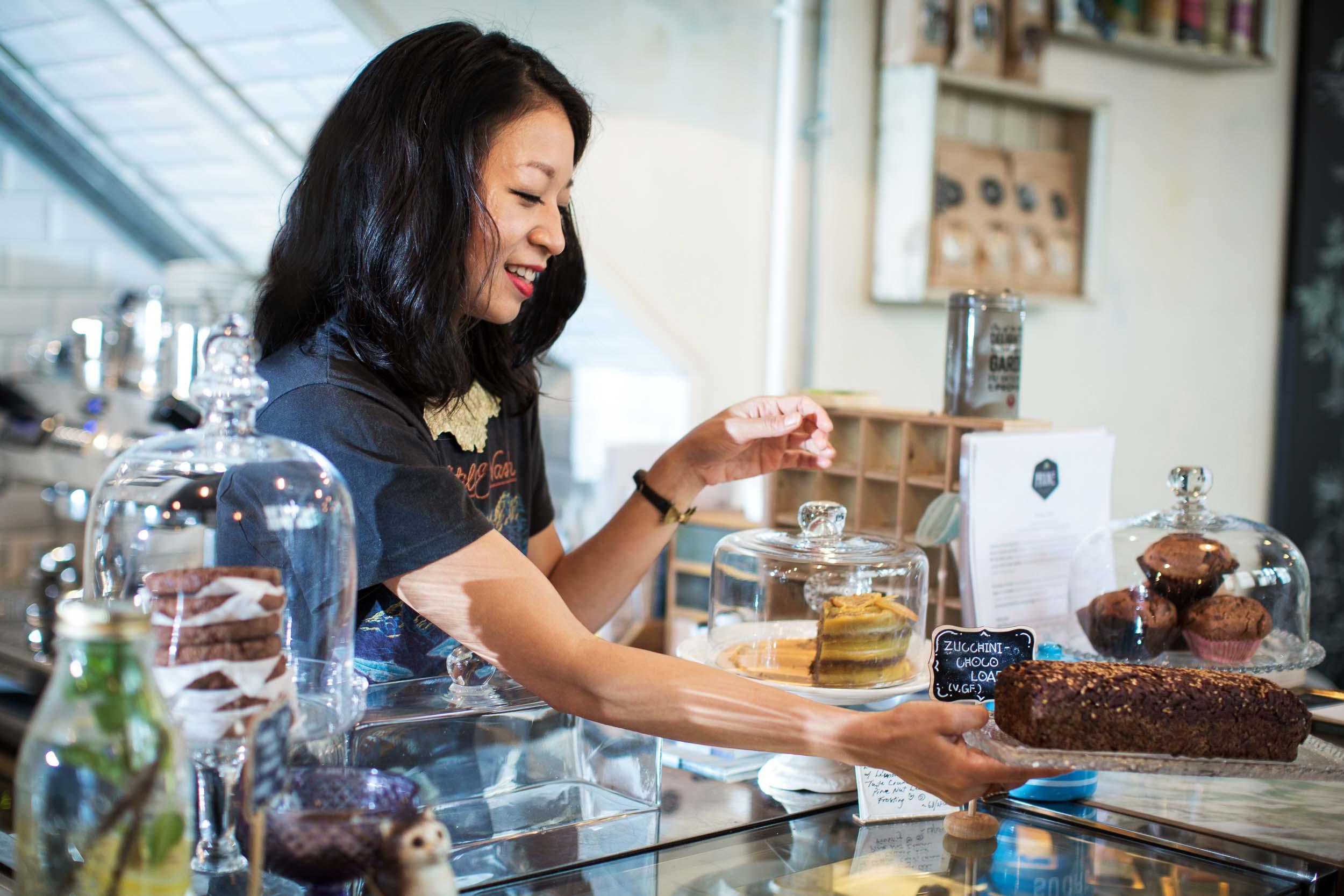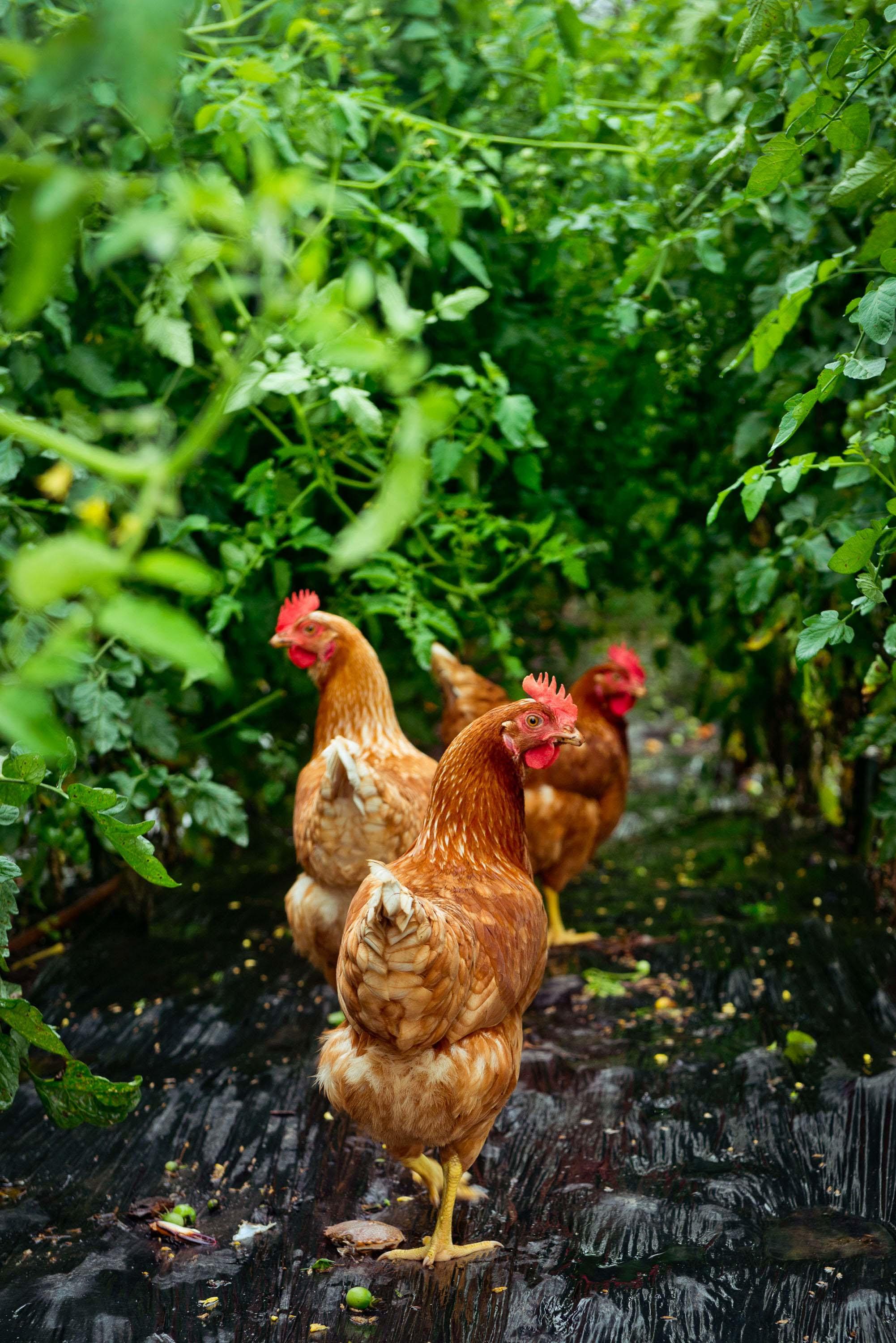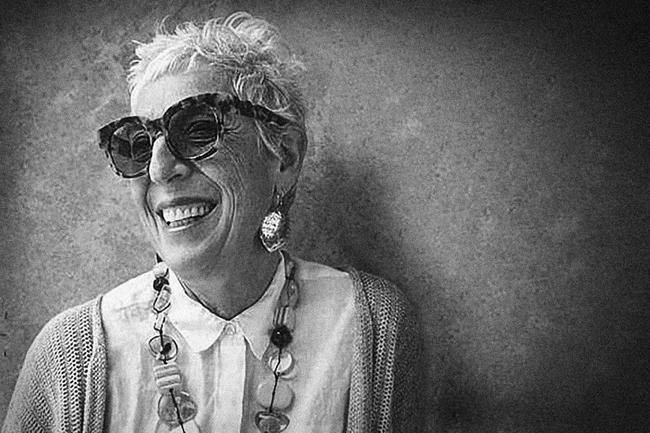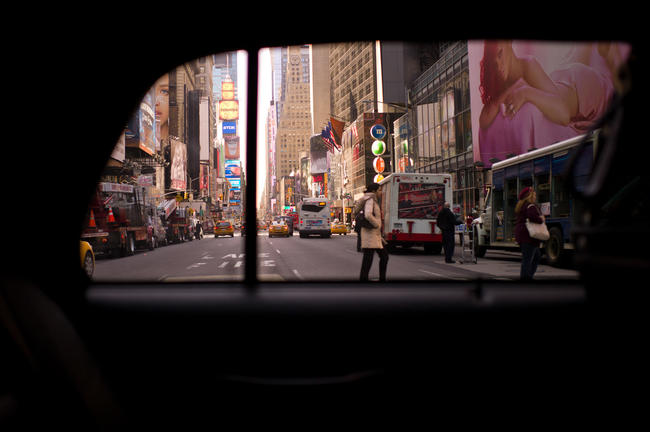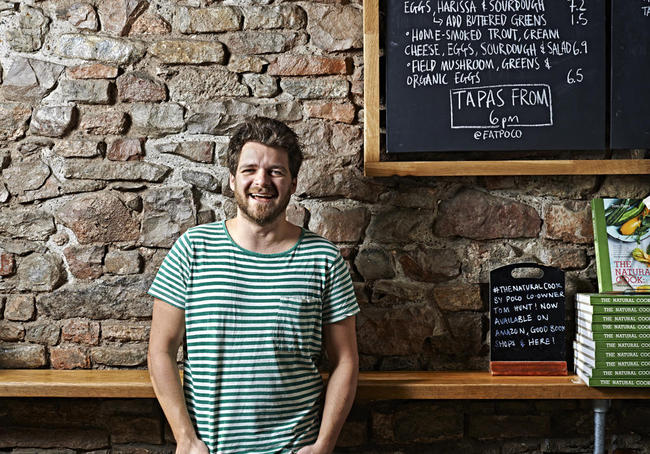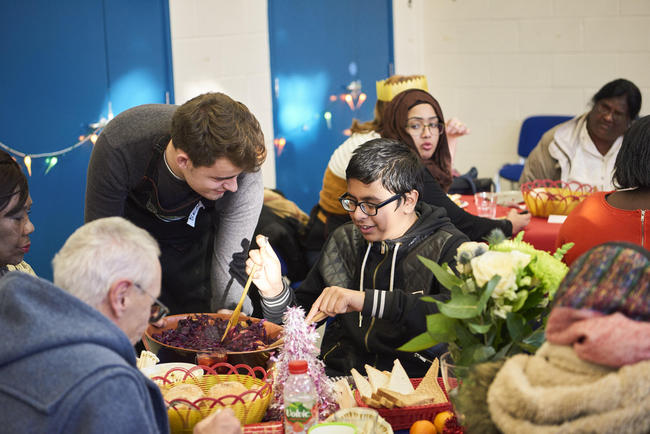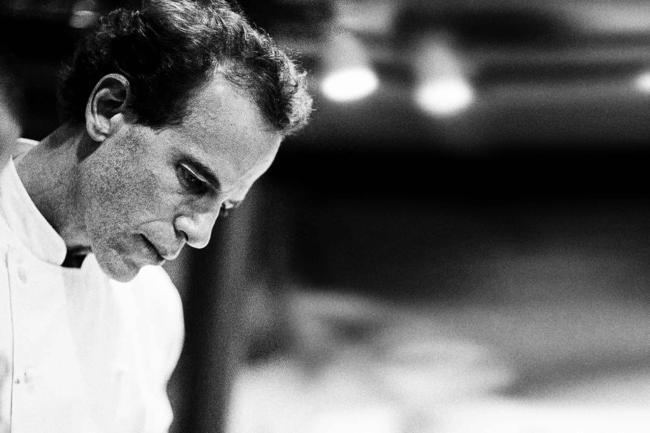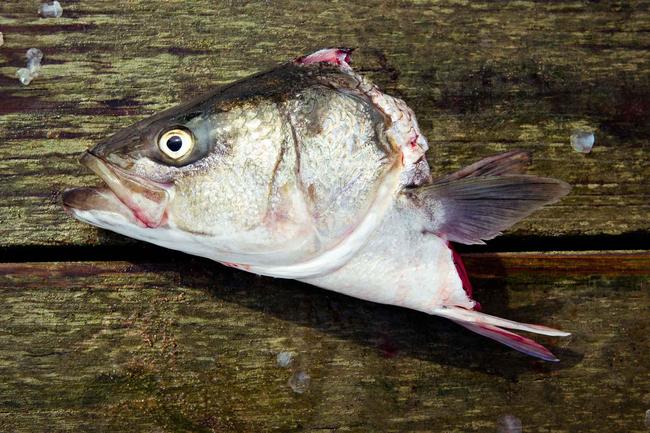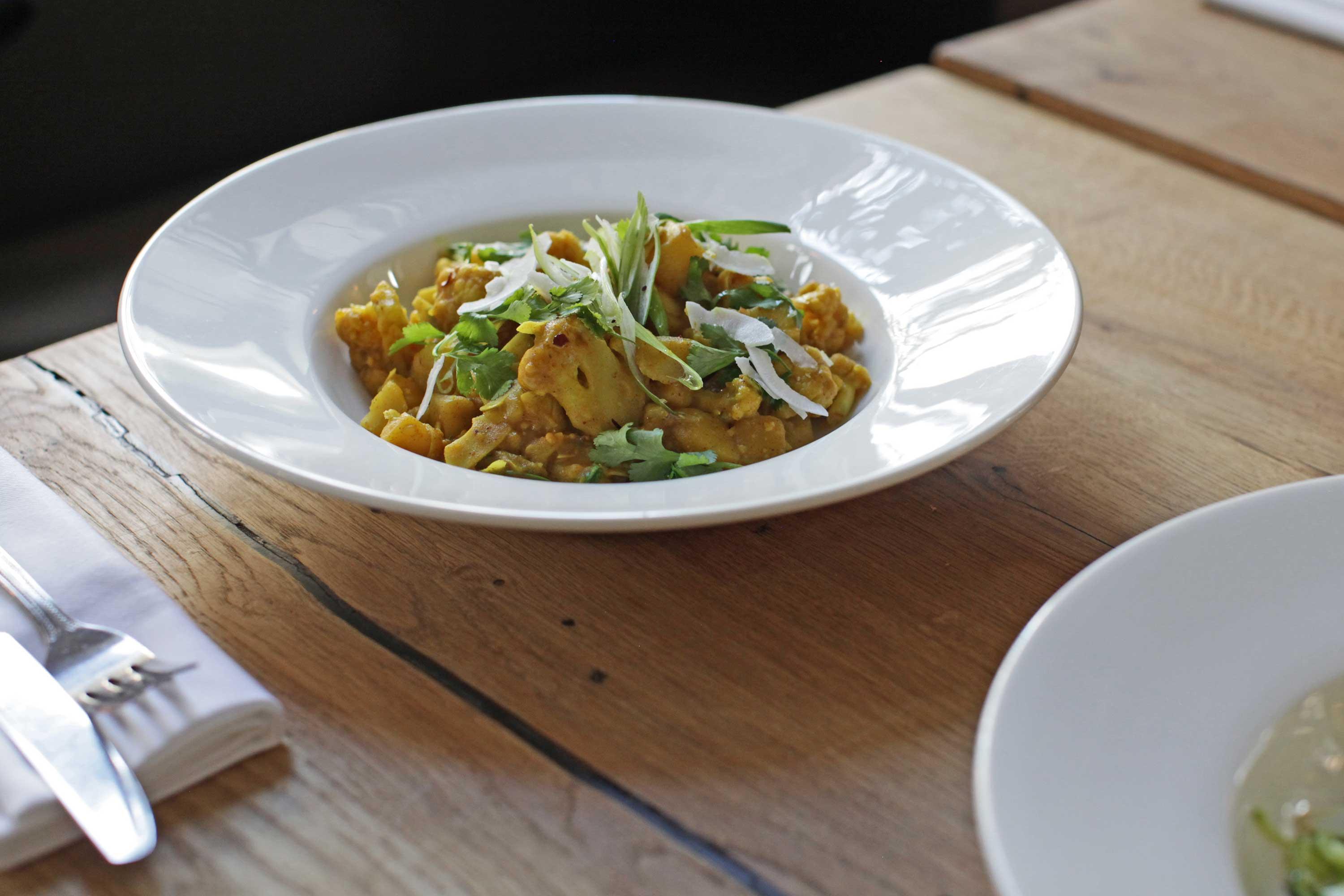
8 zero food waste warriors making the world a better place
These chefs, activists and entrepreneurs are on a sustainable mission – and they’re inspiring us to take action, too.
As friends of Tea & Water, you’re likely as worried by the planet’s food crisis as we are. To put things into perspective, we’re reportedly throwing away a third of all food produced – while at the same time, every year, 795 million people go hungry. We have to ask ourselves when and how this will end. The good news is there are individuals who are fuelling action with their passion to make a difference. These are the food waste heroes we’re keeping on our radar – and they’re motivating us, too. Whether in the home or workplace, we have the power to come together and create change.
Photo credit: Selfridges
1. Dan Barber, U.S.
A burger made from vegetable pulp served with landfill salad may not sound like the most obvious choice of meal to woo 40 world leaders, but New York chef Dan Barber is on a mission to change the way the world eats. Last year he was on Obama’s council for health and nutrition and cooked a meal for UN leaders that highlighted the billion tonnes of food thrown away every year. Now, with food waste pop up wastED, Dan brings his innovative cooking to wider audiences – the concept started in New York and recently collaborated with Selfridges in London. Dan, who co-owns the acclaimed Blue Hill and Blue Hill at Stone Barns restaurants, is also an entertainer. Check out his TED Talk ‘How I fell in love with fish’ – a witty reflection on farming with a thoroughly inspiring case study. And to really get to know his views on sustainability, read his book, The Third Plate, on how consumers can influence farming through what they eat.
Photo credit: OzHarvest
2. Ronni Kahn, Australia
“I soon realised there was more to life than looking after myself and my family and looked for purpose,” says Ronni Kahn, when describing why she set up food rescue enterprise OzHarvest. Ronni noticed there was an abundance of food left over at events and started personally delivering it to people who were going hungry. Since then, OzHarvest has expanded to deliver 60 million meals to 919 charities and has saved 20 thousand tonnes of waste. The annual CEO CookOff brings together 100 business leaders and chefs to cook a feast for 1000 people in need. Meanwhile, Ronni has just partnered with three Australian airports to rescue uneaten food from planes. And her bright yellow vans are setting off across the world: UKHarvest is now open for business, with HRH the Duchess of Cornwall as patron. Chef Jamie Oliver has also just partnered with UKHarvest to host the first UK CEO CookOff in London.
Photo credit: Tiny Leaf/Alice Richards
3. Justin Horne & Alice Gilsenan, UK
Justin Horne and Alice Gilsenan started their pop up Tiny Leaf with big ambitions – to be the most sustainable restaurant in the UK. The vegetarian, organic, zero waste venture now has a permanent home in London and the pair won’t stop there: more sites are planned and Tiny Leaf has also moved into events. Menus use produce destined for landfill, including wonky veg rejected by supermarkets and vegetables about to pass their sell-by date. Tiny Leaf’s signature banana masala was developed because bananas were the most often rejected ingredient. Justin and Alice use local, sustainable suppliers like Growing Underground in London, a hydroponic farm which grows herbs and salad vertically in a disused air raid shelter. Tiny Leaf has also partnered with YFood, a food technology hub set up to mentor and invest in new tech businesses, inform the industry, and connect people. Through this collaboration, app technologies are being explored in the restaurant. These include an unwanted food redistribution app called Olio, for which Tiny Leaf is both a supplier and customer. Justin and Alice also plan to use Winnow, an app recording exactly how food is being wasted via smart meter technology attached to food waste bins. Just this week, Tiny Leaf catered for and spoke at YFood’s Insight & Innovation Day in London. “We started Tiny Leaf because we wanted to challenge the perception of food waste,” says Alice. “We strongly believe would-be waste can look and taste great – it’s about how creative you are in your approach.”
Photo credit: Neil White
4. Tom Hunt, UK
Cleo the Friendship Bread may sound like an Enid Blyton character. In fact, it’s the sourdough starter that kick-started Tom Hunt’s sustainable mission in the UK. The starter is passed from friend to friend, who nurture it, take a portion to create their own bread, and pass it on. Tom’s view is that if people feel invested in food, if they understand where it comes from, they’re less likely to throw it away. He is now a sustainable star. “I care about sustainability because I care about equality and humanity and believe our own actions have many global repercussions,” says Tom. “Supporting our environment is merely supporting our own life systems.” His restaurants (Poco in Bristol and London) have won three Sustainable Restaurant Association awards. Tom founded The Forgotten Feast, a ‘roaming restaurant’ with pop up food waste events throughout the UK. He is also ambassador to the Soil Association, a leading UK food and farming charity. Read his cookbook Root to Fruit to understand his philosophy to cooking, where every part of the plant is utilised. It’s an easy guide to reducing waste at home. A second cookbook, joining the dots between our food, health and the environment is also planned.
Photo credit: Callo Albanese & Sueo
5. Massimo Bottura, Italy
Massimo Bottura is at the top of his game. His three-Michelin-star restaurant Osteria Francescana in Modena is ranked second in the World’s 50 Best Restaurants list. And Massimo is using his influence to go out and save the world. “Now that I am considered the most influential chef…my voice is screaming instead of whispering,” he says. Massimo set up his not-for-profit Food for Soul to trial a food waste soup kitchen in Milan, Italy, in association with Expo. Over five months, he rescued 11 tonnes of food and used it to feed the city’s hungriest people. The project has had great longevity, both locally – with supermarkets Coop and Esselunga continuing the work long after Massimo left. And globally he has taken the concept to Rio for the Olympics, to London, and plans to expand to the Bronx in New York and Montreal in Canada.
Photo credit: Andreas Mikkel Hansen
6. Selina Juul, Denmark
Denmark’s agriculture and food council estimates that it has cut food waste by 25 per cent in the past five years – and one woman is credited with making this happen. Selina Juul is a Russian graphic designer turned activist, who experienced the collapse of communism in Moscow. She came to Denmark and was amazed by the plentiful supply of produce available but shocked to see how much of it was wasted. In 2008, Selina started the Facebook page Stop Spild Af Mad (Stop Wasting Food); a week later her passionate campaign had spread across the nation. The Danish government hails Selina for its dramatic reduction in food waste. Among the many results, Stop Wasting Food inspired the retail chain Rema 1000 to drop multibuy discounting in favour of single purchase offers in the chain’s 200 plus stores. It has also introduced doggy bags to restaurants in collaboration with Unilever Food Solutions. “Food waste is the lack of respect for our nature, for our society, for the people who produce the food, for the animals, and the lack of respect for our time and your money,” says Selina.
Photo credit: Peggy Chan
7. Peggy Chan, Hong Kong
When a vegan joins forces with a former butcher-turned chef, you’d expect sparks to fly in the kitchen. But when Peggy Chan invited fellow Hong Kong chef Nate Green to host a zero waste pop up with her, there were only sparks of hope. The event was part of The Collective’s Table at Peggy’s vegan restaurant Grassroots Pantry. Peggy and Nate showed how approaches to sustainable eating can differ, while sharing an important ideology: to respect and utilise every part of an ingredient. In Peggy’s case, this is the vegetable. She uses vegetable peel in stock, beetroot tops in pasta fillings and she pickles carrot tops. Nate champions nose-to-tail eating. He’s known for cooking whole animals over charcoal. Though he does like to point out that the first dish he ever put on a menu in Hong Kong was a cauliflower salad. Peggy has also set up the Alternative Catering Company, taking her inventive vegan cooking on the road and working with a varied selection of big name clients, from HSBC to Jo Malone.
Photo credit: Gabriela Herman
8. Mohamed Merzouk, U.S.
One of the biggest challenges of tackling food waste is appealing to consumers. Mohamed Merzouk’s New York-based start up app Gebni does just that by offering discounted restaurant food delivery during quiet periods of business. Mohamed describes it as being like the stock market for take out, except the food will never exceed its normal cost. His aim is to appeal to customers who are usually priced out of food delivery services, and to cut waste for restaurants by creating continuous demand. “Let’s say a restaurant happens to have 300 pounds of chicken that is about to expire, but everyone is ordering cheeseburgers. Gebni’s software will automatically send the price of chicken sandwiches, chicken parmesan and chicken a la anything plummeting,” says Mohamed. “It’s like happy hour on the go, in real-time. By dynamically pricing food, we can cut down on a lot of food waste.”

